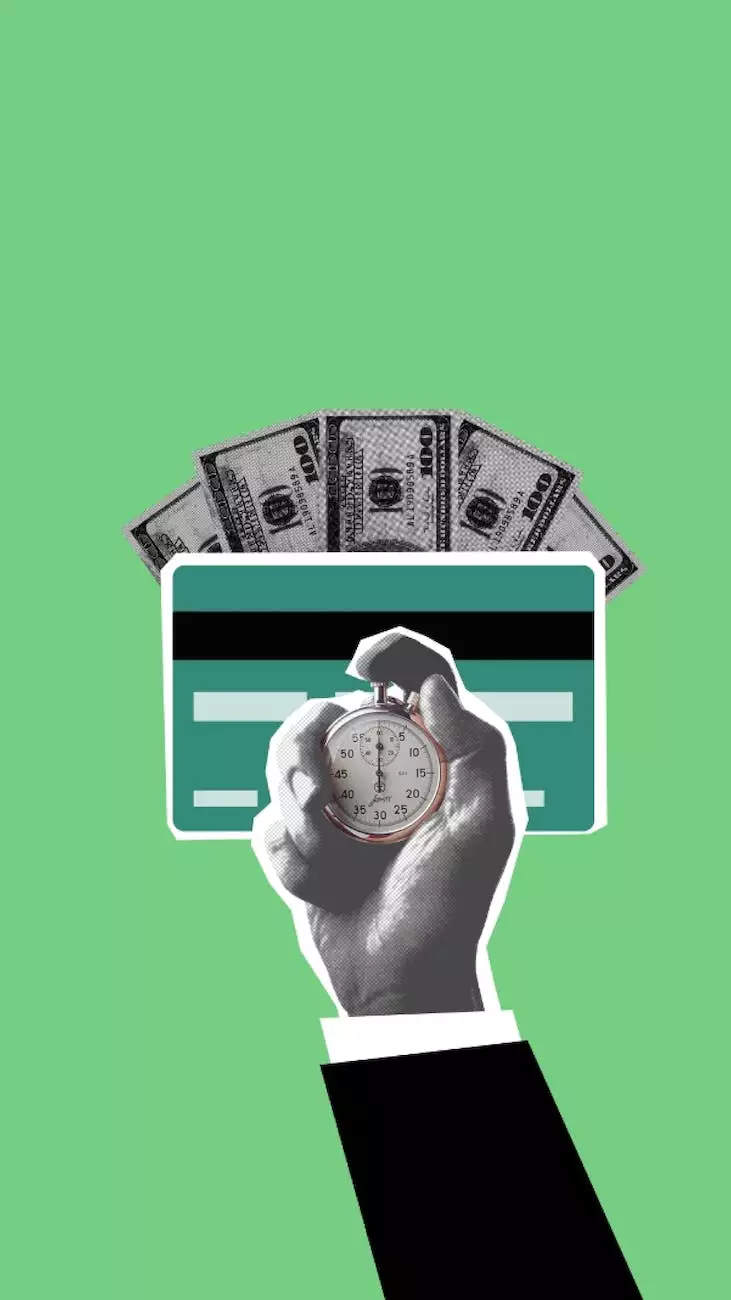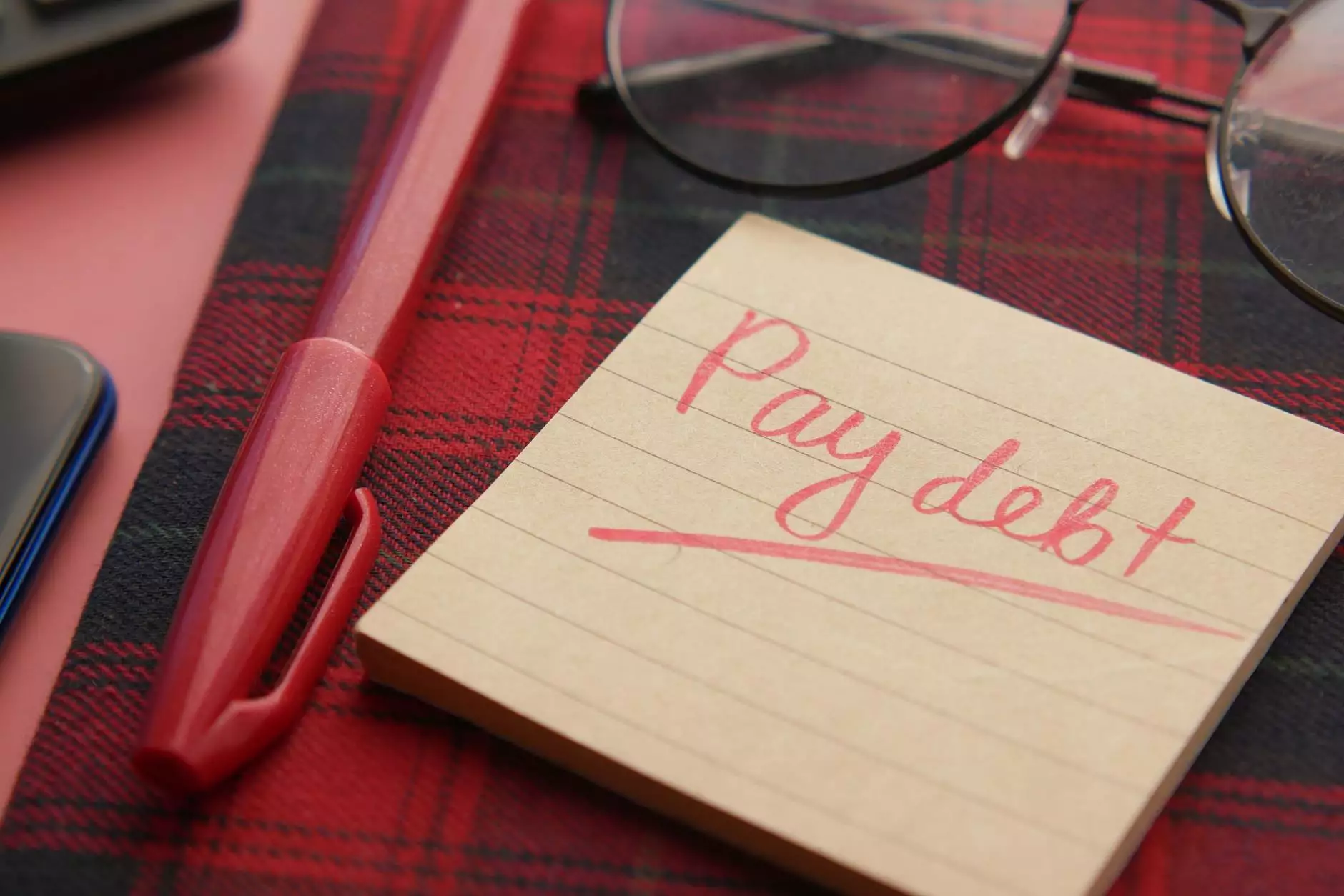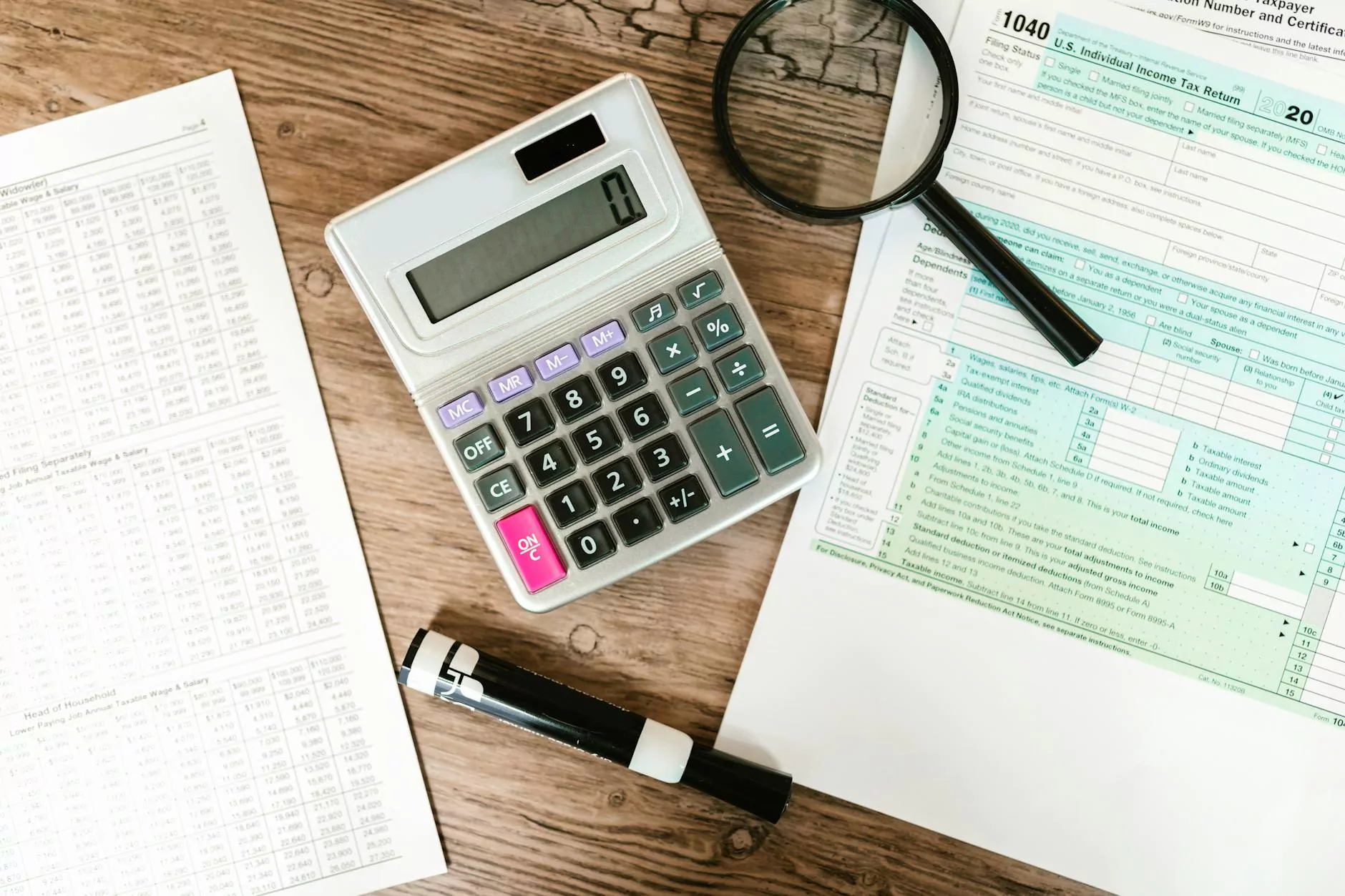What Is a Bad Credit Score? And How to Fix It

The Importance of Credit Scores
Credit scores play a critical role in our financial lives. They provide lenders, landlords, and other financial institutions with an insight into our creditworthiness. Put simply, a credit score is a three-digit number that represents an individual's creditworthiness. Several factors contribute to the calculation of credit scores, including payment history, credit utilization, length of credit history, new credit accounts, and credit mix.
Understanding Bad Credit Scores
A bad credit score typically falls in the range of 300 to 579, according to the FICO scoring model. Having a bad credit score can make it challenging to secure loans, obtain favorable interest rates, or access other financial opportunities. It's crucial to understand the reasons behind a bad credit score before taking steps towards improving it.
The Impact of Bad Credit Scores
Having a bad credit score can significantly hinder financial stability. It can lead to higher interest rates on loans, difficulty obtaining credit cards, limited housing options, higher insurance premiums, and even affect potential employment opportunities. Therefore, it is essential to take proactive steps to repair a bad credit score.
How to Fix a Bad Credit Score
1. Review Your Credit Report
The first step towards fixing a bad credit score is to assess your credit report. You can obtain a free copy of your credit report from each of the three major credit bureaus (Equifax, Experian, and TransUnion) once a year. Carefully review the report for any errors, incorrect information, or fraudulent activities. Dispute any inaccuracies to the respective credit bureau to have them rectified.
2. Pay Bills on Time
One of the most critical factors that impact your credit score is your payment history. Late or missed payments can severely damage your creditworthiness. Make it a priority to pay all your bills on time. Set up reminders or automatic payments to ensure you never miss a payment. Over time, consistent on-time payments will positively impact your credit score.
3. Reduce Your Debt
High credit utilization, or the amount of credit you are using compared to your total credit limit, can negatively impact your credit score. Aim to reduce your debt and keep your credit utilization below 30%. Pay off outstanding balances, and consider consolidating or refinancing debt if it helps manage it more effectively.
4. Avoid Opening Unnecessary Credit Accounts
While having a diverse credit mix is important for a healthy credit score, opening multiple credit accounts simultaneously can raise red flags for lenders. Only apply for credit when necessary and avoid excessive credit applications, as they can negatively impact your score. Focus on maintaining a responsible and manageable credit portfolio.
5. Seek Professional Guidance
Repairing a bad credit score can be challenging, especially if you're unsure where to start. Consider seeking professional guidance from a reputable credit counseling or consulting service. Companies like Life Designers specialize in helping individuals and businesses navigate the complexities of credit scores and financial management. Their expertise and personalized approach can provide invaluable assistance in improving your credit score.
Conclusion
A bad credit score can have significant implications on your financial well-being. However, with proactive steps and the right guidance, you can work towards improving it. Life Designers, a trusted consulting and analytical services provider in the business and consumer services industry, can help you understand, navigate, and fix your bad credit score. Take charge of your financial future and begin your journey towards financial stability and success.
This page is provided by Life Designers - a leading provider of consulting & analytical services in the business and consumer services industry. For more information, visit our website.









